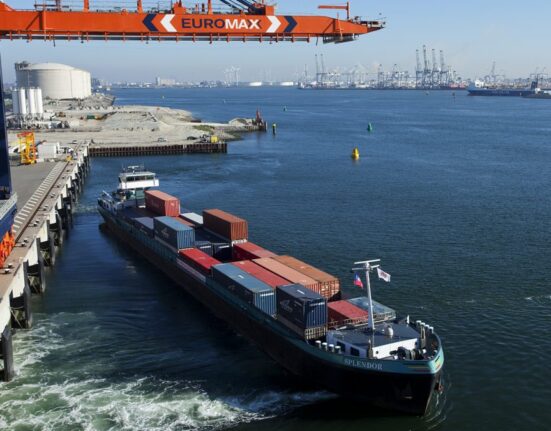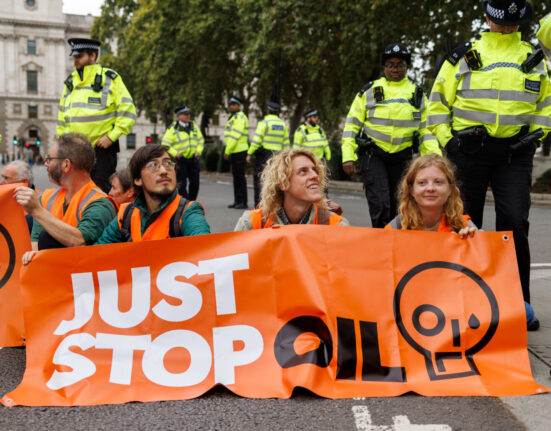Reaching net-zero emissions may not be as costly for the UK government as previously thought, according to a recent report by the Office for Budget Responsibility (OBR). The report also highlights the dire economic consequences of inaction on climate change. Let’s delve deeper into these findings and what they mean for the UK.
The OBR report emphasizes that the expenses associated with achieving net-zero emissions are considerably lower than the potential economic damages from failing to address climate change effectively. This stark revelation underscores the urgency of taking action to combat global warming.
According to the latest estimates from the OBR, if global temperatures rise by 3 degrees Celsius by the end of this century, the UK economy could suffer a significant blow, with climate-related damages amounting to around 8% of GDP by the early 2070s. This projection is notably higher than previous estimations, indicating a more pressing need for decisive measures to curb greenhouse gas emissions.
As highlighted in the report, unchecked global warming leading to a 3-degree Celsius increase could have drastic repercussions on government borrowing. The impact of climate damages on borrowing would nearly double by the 2070s compared to scenarios where warming is limited below 2 degrees Celsius. These figures serve as a stark warning about the financial risks posed by climate change.
The cost of transitioning to net-zero has been revised downward in recent years, with current projections showing that the government will need to invest only slightly over half of what was anticipated four years ago. This reduction in costs is attributed to advancements in clean technology and declining costs associated with cutting emissions.
The OBR draws its cost estimates from assessments provided by the Climate Change Committee (CCC), which has significantly lowered its projections for reaching net-zero due to falling clean technology prices. This shift underscores a more optimistic outlook regarding the feasibility and affordability of transitioning towards a greener economy.
Importantly, while there are upfront costs involved in decarbonization efforts, they pale in comparison to the long-term economic consequences of unchecked climate change. The OBR’s analysis demonstrates that investing in emission reductions is not just environmentally responsible but also economically prudent in safeguarding against future financial burdens resulting from escalating global temperatures.
In conclusion, it is evident from the OBR report that addressing climate change through ambitious emission reduction strategies is not just an environmental imperative but also an economic necessity for ensuring long-term prosperity and stability. As we face growing challenges posed by climate change, proactive measures now can mitigate far greater costs and damages down the line.









Leave feedback about this